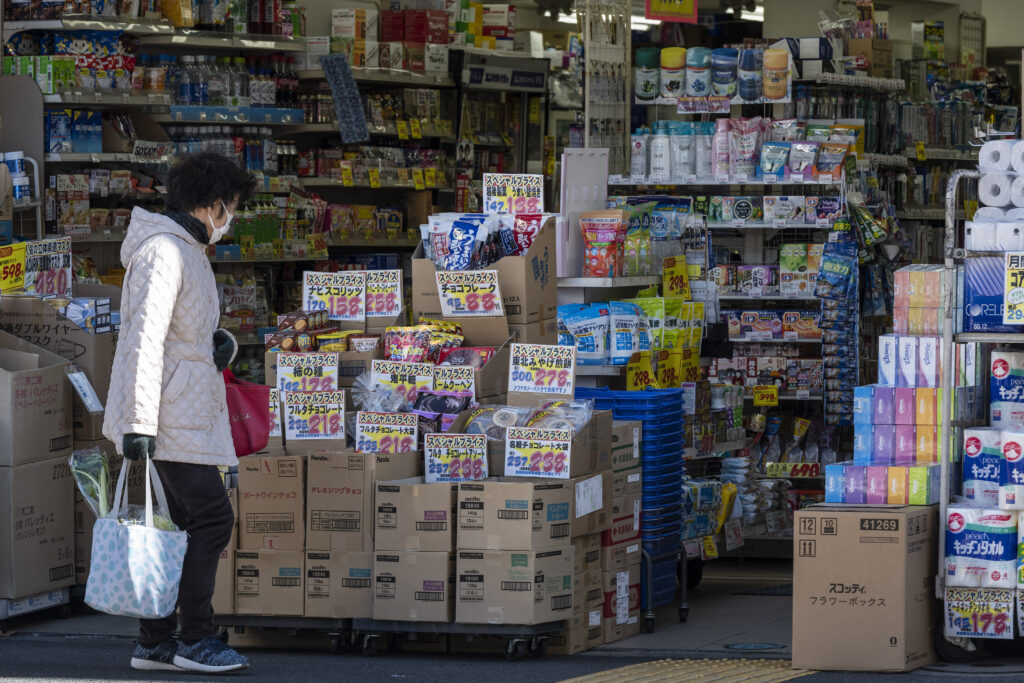
- ARAB NEWS
- 01 Aug 2025

Tokyo: Japanese domestic demand is proving to be weak, despite a larger-than-expected expansion in the country’s economy in the second quarter of the year.
Government data released Tuesday showed that the country’s real gross domestic product rose at an annualized pace of 6 percent in the three month ended in June, driven by external demand, compared with 3 percent growth predicted by economists.
Annualized real GDP reached a record high, exceeding the previous peak marked in July-September 2019, before the COVID-19 pandemic.
But rising prices made domestic demand sluggish, with consumer spending falling into negative territory for the first time in three quarters despite a recovery in services consumption from the pandemic.
Rebound in Foreign Visitors
Foreign travelers to Japan have flocked to Sensoji temple in Tokyo’s Asakusa district this summer, despite the scorching heat.
Kazuyasu Inaba, president of a souvenir shop on Nakamise street leading up to the temple, said that sales have been rebounding since January, when the Japanese government eased COVID-19 border measures, after falling by about 80 percent during the pandemic.
Sales are now higher than they were before the pandemic. “We’ve made a complete comeback,” Inaba said.
Such external factors were the driving force behind the solid economic growth. Consumption by foreign visitors, counted as exports in statistics, reached 1.2 trillion yen in the April-June quarter, nearing pre-pandemic levels.
The Japanese economy was also propped up by increased automobile production amid the easing of semiconductor supply constraints.
External demand was given a further boost by a decline in imports, which has a positive effect on GDP growth.
Still, Taro Saito, an executive research fellow at the Economic Research Department of NLI Research Institute, said that the drop in imports “reflects the weakness of domestic demand, and the Japanese economy is not as strong as shown by its growth rate.”
Tight Purse Strings
The decline in personal consumption was led by nondurable goods including food.
Although this year’s “shunto” spring labor-management talks resulted in the largest wage increase in about 30 years, real wages fell in June year-on-year for 15 straight months as prices rose at a faster pace.
Consumers are seen keen on saving money. Masayuki Takemori, president and chief operating officer at household goods maker Lion Corp., said that “customers’ purse strings are becoming tighter and not looser.”
There are growing concerns about economic slowdowns in the United States and China, making reliance on external demand risky.
An executive at Suzuki Motor Corp. said that “a sense of slowdown is emerging” in the automaker’s Chinese operations. A Sony Group Corp. executive said that “the smartphone market is deteriorating more than expected.”
Shinichiro Kobayashi of Mitsubishi UFJ Research and Consulting Co. said that wage hikes will eventually have an impact, but noted that “the pace of improvement in the environment surrounding consumption is slow” and that “wage increases at small companies are insufficient.”
JIJI Press